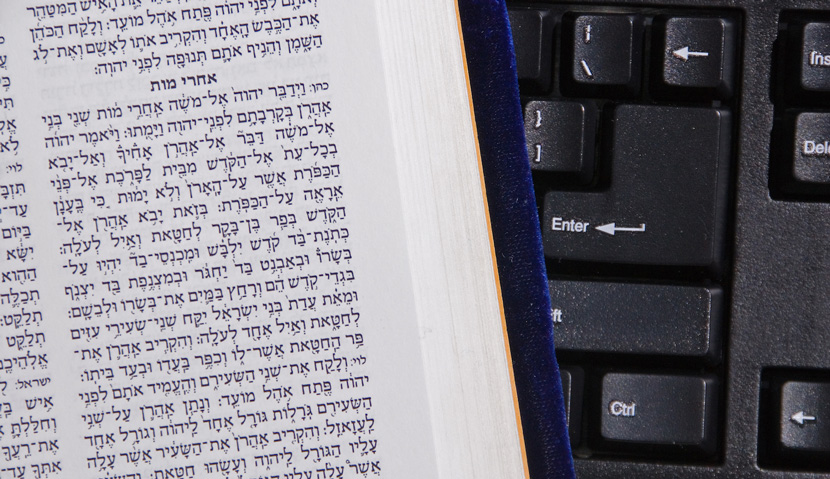Biblical criticism
When Satmar met Bible criticism.
On reading the Hebrew Bible in a spirit of intellectual honesty without losing your faith.
Academic Bible scholars should abandon their fixation on dating biblical texts.
The strengths and weaknesses of a recent study.
An impressive but flawed new book tries to do so.
To read the Bible as a great work, one must assume that it’s something more than a hodgepodge of disparate texts.
Samson Raphael Hirsh’s critique of biblical criticism.
Source criticism has failed, and a systemic bias pervades academic biblical studies. But computational linguistics promises to open up the Bible in new and reliable ways.
(Although not always.)
Biblical criticism is never value-free. In itself that’s not a problem; the problem arises when readers don’t know what worldview a particular scholar brings to his or her work.
Don’t dismiss all perspectives of contemporary biblical scholarship as the imaginative or tainted products of liberal bias.
There is a liberal slant in biblical studies, but it has an older and more persistent source than merely the general liberalism or leftism of today’s academy.
Academic scrutiny of scripture, a discipline prey to intellectual fashion since its inception, is today pursued by many in the service of secular liberal positions.
Breaking down the firewall between the Bible and Jewish tradition.






